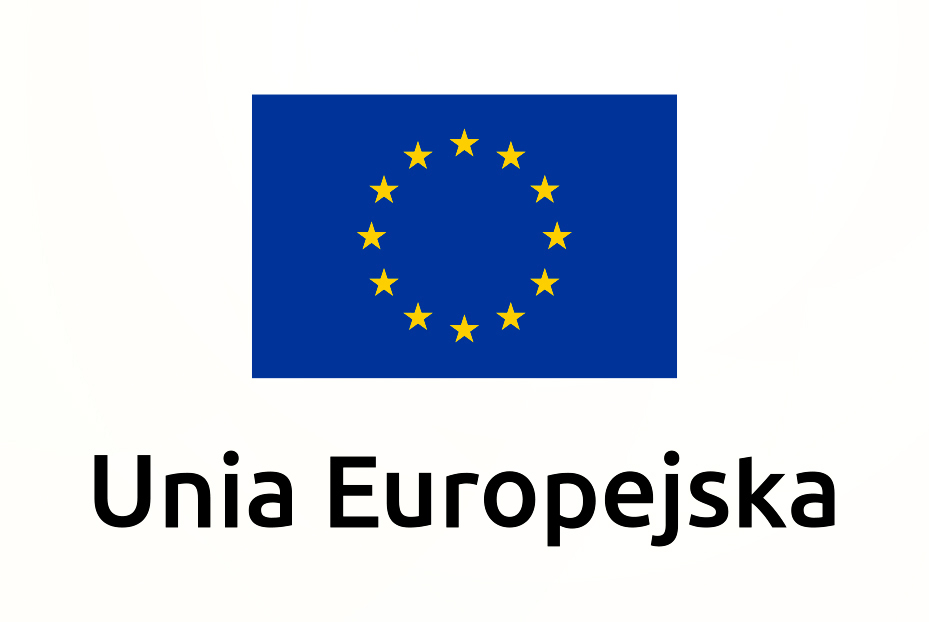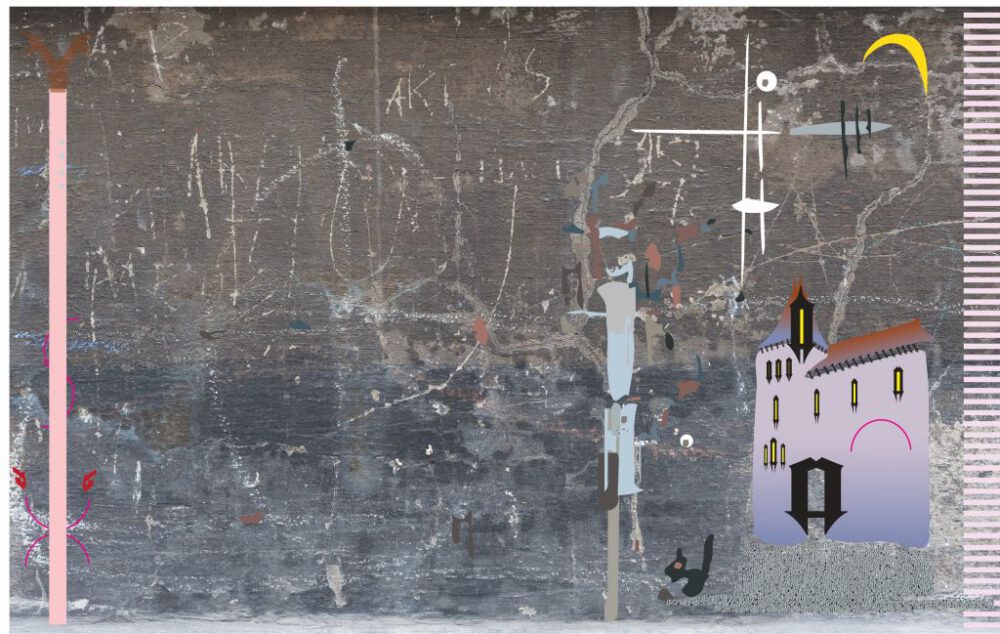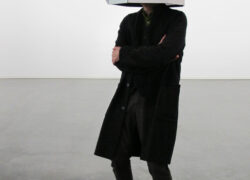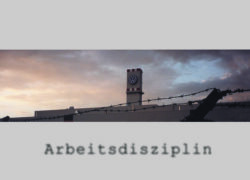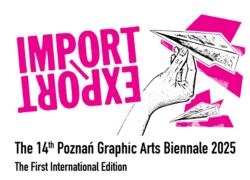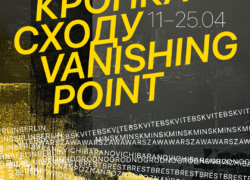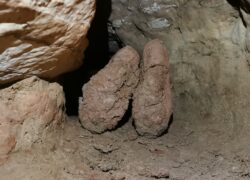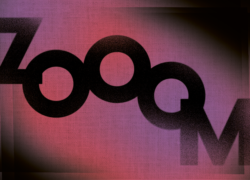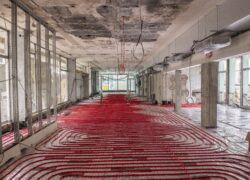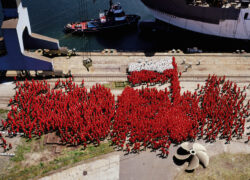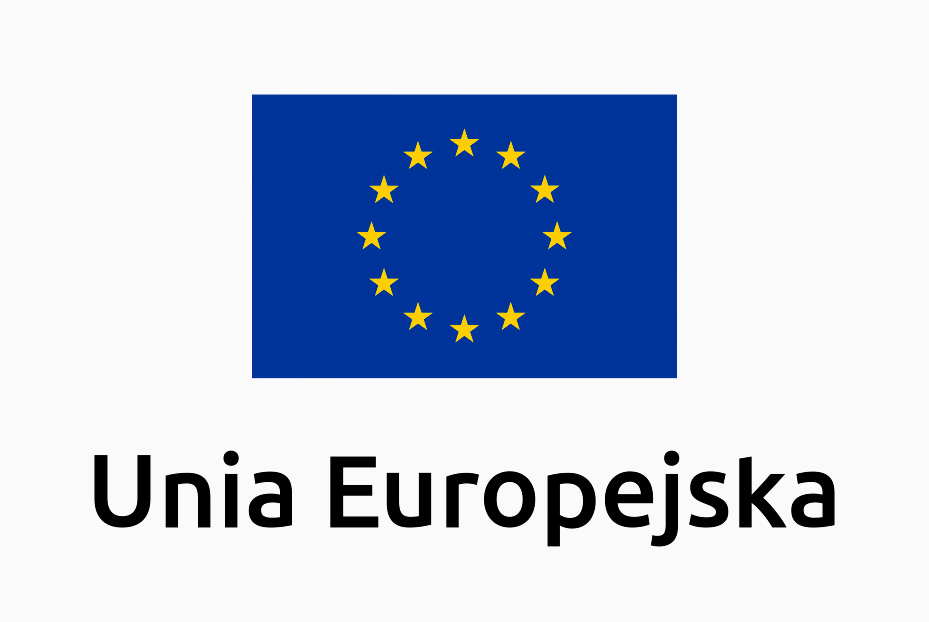Mateusz Kula, laureate of the 1st edition of the Leszek Knaflewski KNAF Award for Young Artists, is a truly multimedia artist. He is an author of installations, objects, photographs, films, theoretical texts, literary and performative works. He studied Philosophy and Film Studies at the Jagiellonian University, Intermedia at the Academy of Fine Arts in Krakow and Art & Science at the University of Applied Arts in Vienna. He has taken part in the following exhibitions SFX: PUBLIC at the Westfälischer Kunstverein Münster in 2005, Imhibition at the National Museum in Krakow in 2006, Nie ma sorry at the Museum of Modern Art in Warsaw in 2009, Body in the Library at the BWA Wrocław in 2010, Jerzy Ludwiński. Filling the Blanks in 2011 at the CSW Znaki Czasu in Toruń, Jeff Koons’ Gloves at the CSW Kronika Bytom in 2012, Spoczywanie project in 2015, All Mounds Can be Seen from My Window at Bunkier Sztuki in 2016. His solo exhibitions include: End of Time at the Kunsthaus Dresden in 2015, Sets at Galeria Widna in Krakow in 2016 and Excavations at the CSW Zamek Ujazdowski in Warsaw in 2017.
Mateusz Kula’s art is deeply committed to cultural criticism of the world of late capitalism. The title Antiquarian Fever, like the artist’s other activities, brings together a constellation of artifacts, objects, feelings and phenomena whose dominant feature is the feeling of decadent excess and indefinite nostalgia. The artist’s ambitious intention is to present an exemplary case study in which a slow transformation takes place, from a rather banal fascination with the extraordinary and occult, through the search for contemporary gnosis, to a pathological form of subjective hatred, ignorance and destruction. Kula spins his story using various means of expression, employs cultural quotations and references, processes elements of popular culture, uses the form of quasi-documentary, includes found objects in his works, plays with the aesthetics of kitsch and horror, and is not alien to a sarcastic sense of humour and grotesque.
Marta Lisok wrote in 2017 on the occasion of the Excavations exhibition at the Centre for Contemporary Art in Warsaw: “The consistent diagnosis of Kula’s chosen imagination is a strategy typical of his actions. For as long as he remembers, he has been interested in various classifications, systematics and gestures of putting images into motion. The organic aspect of his works, which seem to expand according to their own rules, puts him in the position of a background, secondary author hidden in the dark, the initiator of the creative process, which in his case can be identified with the passion of the discoverer. Kula calls himself a modest intermediary between the collected visual events and the viewer.
The artist himself describes the project presented at the Arsenal City Gallery in the following way: “For me, antiquarian fever is a contemporary tendency to mythologize reality, which is based on excess, in which forms of capitalism (money, value, work, etc.) encapsulate its past, creating, to use Ray Brassier’s formulation, perverse versions of its own genesis”.
Like Zygmunt Bauman in his book Modernity and the Holocaust, the artist believes that fascism is an irreducible component of modern identity. Contemporary forms of fascism are combined with the pathological phenomena of late capitalism, which is responsible for the collapse of the world of permanent values, a sense of security and rootedness in tradition, which makes young people feel excluded and strips them of prospects for the future. Finally, the ubiquitous commodity fetishism that permeated all spheres of life is, according to Mateusz Kula, the element of fascism that we all carry in ourselves. Kula observes that: “The understanding of contemporary forms of fascism consists in tracing, from today to over a hundred years ago, the history of a certain tendency and components of culture in the perspective of the accelerated forces of global capital. Generally speaking, the point is to use art methods to capture the generative process, instead of pointing out and blaming the fascist as the ridiculous Other, from the comfortable position of an enlightened mature citizen of the West. As Pasolini once said: ‘We created them’. We, that is, those who put themselves in a comfortable zone, outside the problem, as if the fetishized ways of our life had nothing to do with it… Fascism in this perspective is not an aberration of tradition, but an inseparable component of it. I propose a perspective of an insider. It is a key point (and a problem) of my current project and my strategy. I largely agree with Quentin Meillassoux, who once said that if we are able to incorporate all murky eschatological contents and forms into aesthetics and art, chances are we will not find them in politics”.
Marek Wasilewski
